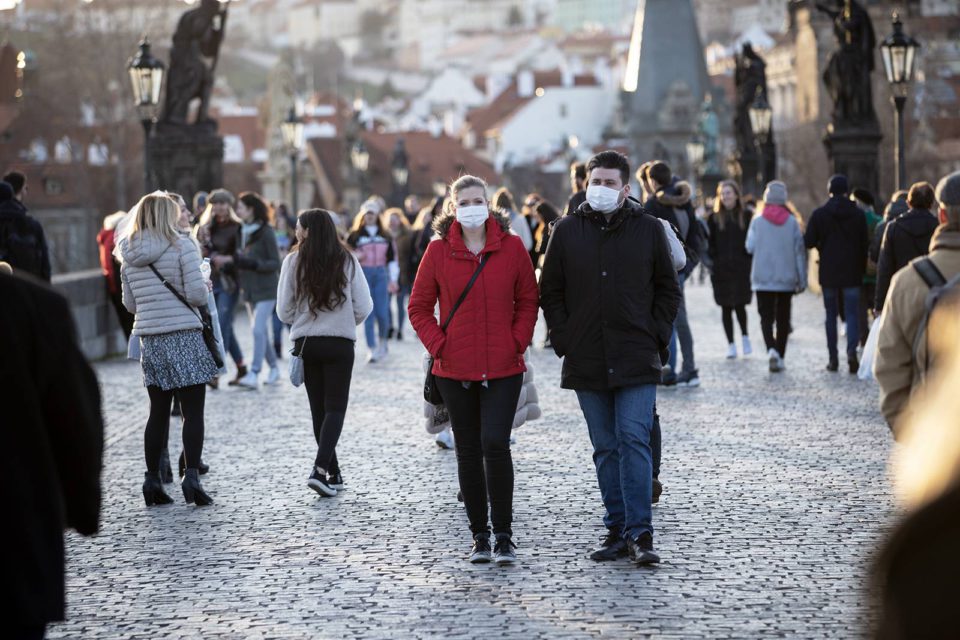As the coronavirus pandemic continues to spread like wildfire across dozens of states, the upcoming Thanksgiving holiday will likely make an already bad situation that much worse. Indoor gatherings, if you recall, are disproportionately responsible for coronavirus infections over the past few months.
As a result, families congregating together in close quarters next week could very well lead to an even more drastic spike of coronavirus infections over the next few weeks.
Addressing the ongoing increase in coronavirus infections, Dr. Anthony Fauci recently sat down for an interview at a University of Virginia School of Medicine virtual event where he articulated several places where people put themselves at a greater risk of contracting COVID-19.
Most coronavirus infections, of course, occur in closed settings and Fauci highlighted a slide which noted the following:
Transmissions most common among household contacts, in congregate or health care settings when PPE not used, and in closed settings (e.g cruise ships, nursing homes, prisons)
Factors that may increase the risk of airborne transmission include:
– crowded, enclosed spaces with poor ventilation
– singing, speaking loudly or breathing heavily
As to the point about people singing, you may recall that a karaoke event at a Florida social club in late August resulted in upwards of 50 infections, a number of hospitalizations, and even a handful of deaths.
“There are also community transmissions at family gatherings,” Fauci added, “as well as church events where people crowd together without masks.”
“Right now today, in mid-to-late November, we’re finding that innocent occurrences, such as groups of friends and families, meeting indoors because of the cold weather for dinner, are becoming a major source of asymptomatic spread to the group in the dinner party or in the social event,” Fauci went on to say.
“That seems to be driving infections much more so now than the more obvious settings of bars and other places which also are obviously are important, but we’re having the contribution of these family gatherings.”
Indoor gatherings aside, Fauci said the following places are responsible for most community exposures to the coronavirus: Restaurants, bars and coffee shops, religious gatherings, gyms, and public transportation.
Suffice it to say, you’d be well-advised to avoid all of the above-mentioned places for the foreseeable future. And while staying inside is obviously an inevitability in these colder months, avoiding large gatherings should remain a priority. Indeed, the CDC just this week implored Americans to avoid Thanksgiving travel if at all possible.
“Right now, especially as we are seeing exponential growth in cases and the opportunity to translocate disease or infection from one part of the country to another, leads to our recommendation to avoid travel at this time,” Dr. Henry Walke of the CDC said this week.
The CDC’s recommendation in this regard is far from surprising given that Fauci issued a similar warning a few weeks ago when he cautioned Americans to “hold off” on typical Thanksgiving celebrations.
And practicing what he preaches, Fauci said his Thanksgiving holiday this year will be far from typical.
“My Thanksgiving is going to look very different this year,” Fauci said. “I would love to have it with my children, but my children are in three separate states throughout the country, and in order for them to get here, they would all have to go to an airport, get on a plane, and travel with public transportation.
They themselves, because of their concern for me and my age, have decided they’re not going to come home for Thanksgiving, even though all three of them want very much to come home for Thanksgiving.”
Fauci’s interview can be viewed in full below:
Original Article: bgr



